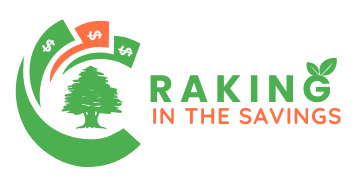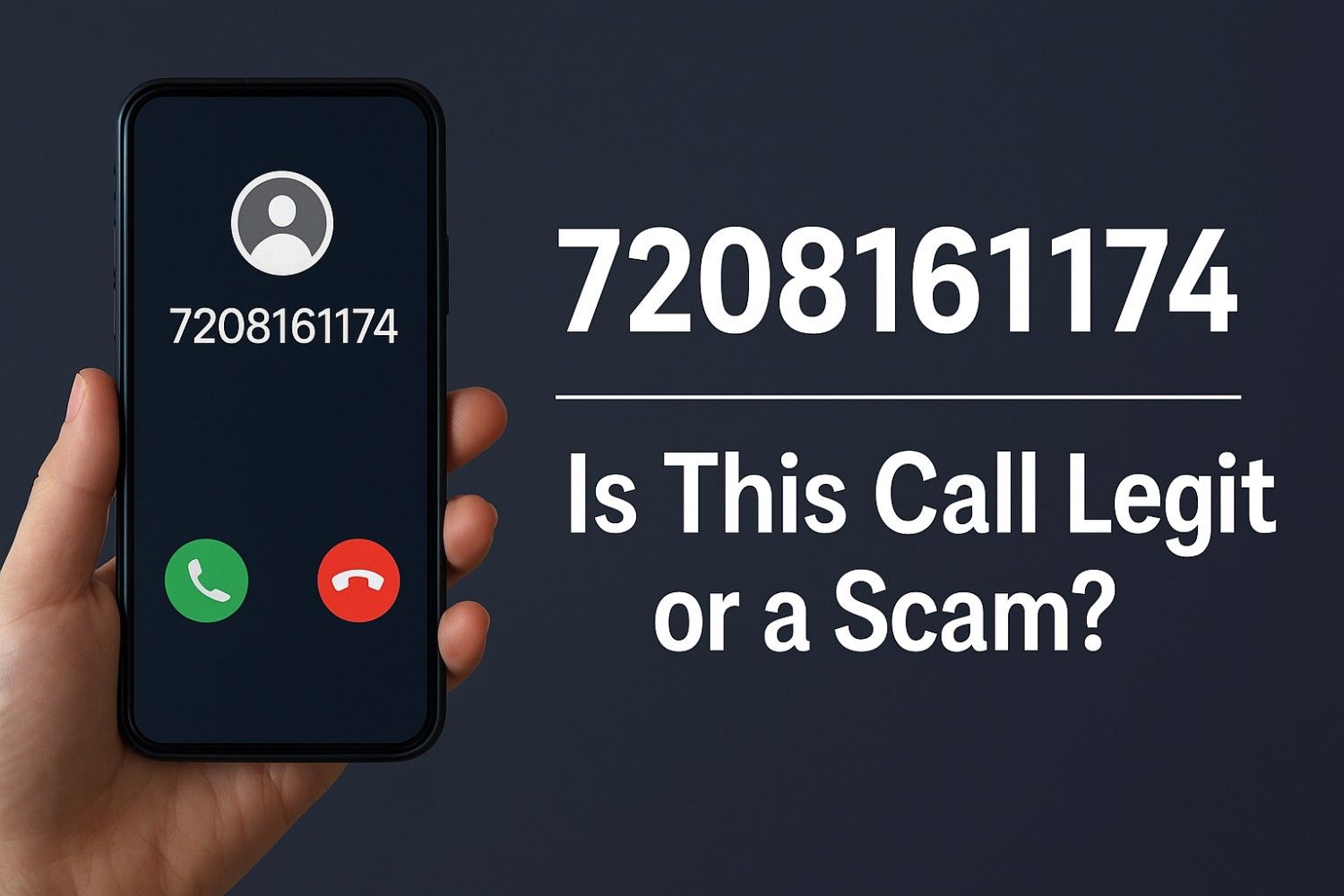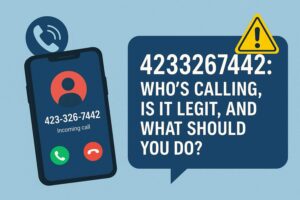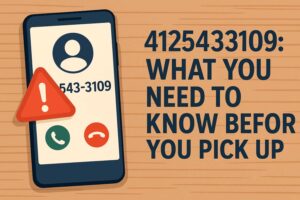If you’ve seen 7208161174 pop up on your phone, you’re not alone—unknown 720 numbers are common, and many turn out to be spam or spoofed calls. In this guide, I’ll show you how to quickly check if the call is legit, spot red flags, and report it the right way without risking your data or your time.
What Does the 720 Area Code Tell You?
First, context helps. The 720 area code serves the north-central region of Colorado—including Denver, Aurora, Lakewood, and nearby cities—overlapping with legacy 303 numbers. That means a 720 number could be local to Colorado… or it could be spoofed to look that way.
How Do You Verify a Call From 7208161174 Without Calling Back?
Use a layered check in under 2 minutes:
- Search the exact 10-digit number in quotes to see user reports or news mentions.
- Look up the area code to confirm the geography (helpful for spotting obvious mismatches).
- Check for official guidance if the caller claims to be a government agency (e.g., Colorado Department of Revenue warns it won’t text you for banking details).
- Don’t call back or click links from texts. If it’s important, a legitimate organization will leave a verifiable voicemail or send mail.
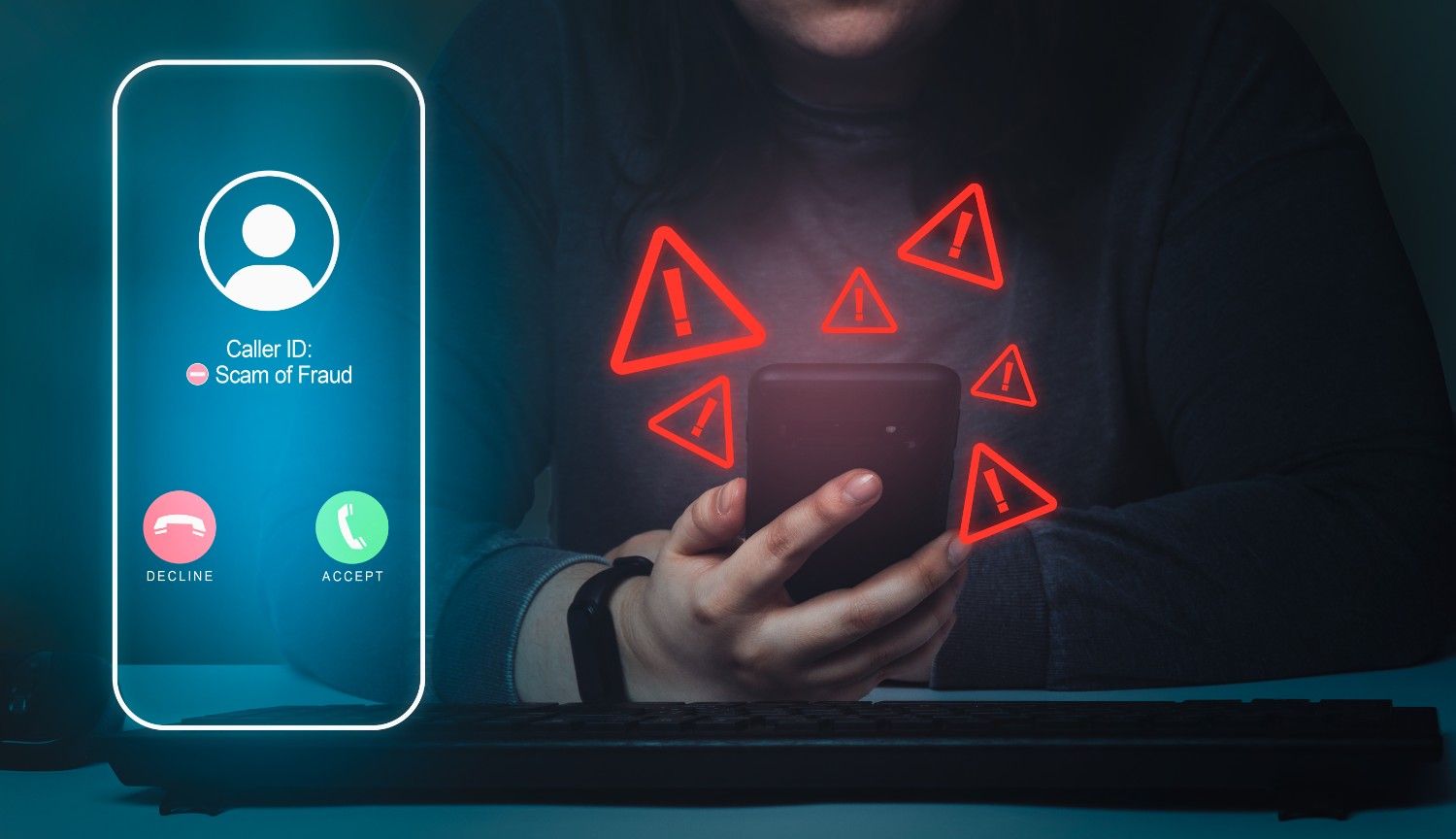
Why Do So Many Unknown Calls Look “Local”?
Scammers often spoof caller ID to mimic your area or a nearby region (“neighbor spoofing”) so you’re more likely to answer. The FCC has pushed carriers to deploy STIR/SHAKEN caller-ID authentication to make spoofing harder, but bad actors still try to work around it—so stay skeptical of first-time callers.
7208161174: Typical Red Flags to Watch For
- Urgency + consequences: “Act now or your account will be closed.”
- Requests for sensitive info: banking details, one-time passcodes, Social Security numbers.
- Unsolicited “refunds,” “prizes,” or “tax updates”: especially via text links. (Colorado agencies caution they won’t ask you to “update banking” by text.)
- No verifiable callback path: If they refuse to let you hang up and call back via an official number you find yourself, that’s a red flag.
What’s the Safest Response If You Pick Up?
- Say as little as possible. Don’t confirm your name or data.
- Ask for a case or employee ID and a callback number, then hang up.
- Independently verify—visit the agency or company’s official website and call a published number.
- Block the number on your device and consider a reputable call-blocking app (the FTC recommends call-blocking tools to filter likely illegal calls).
How Do You Report Calls From 7208161174?
Reporting helps regulators trace illegal campaigns:
- File a complaint with the FCC (unwanted calls/texts, spoofing).
- Report to the FTC (unwanted calls or fraud/losses). Use DoNotCall.gov for general unwanted call reports or ReportFraud.ftc.gov if you lost money.
- Add/confirm your number on the National Do Not Call Registry (then report violations if you still get sales calls).
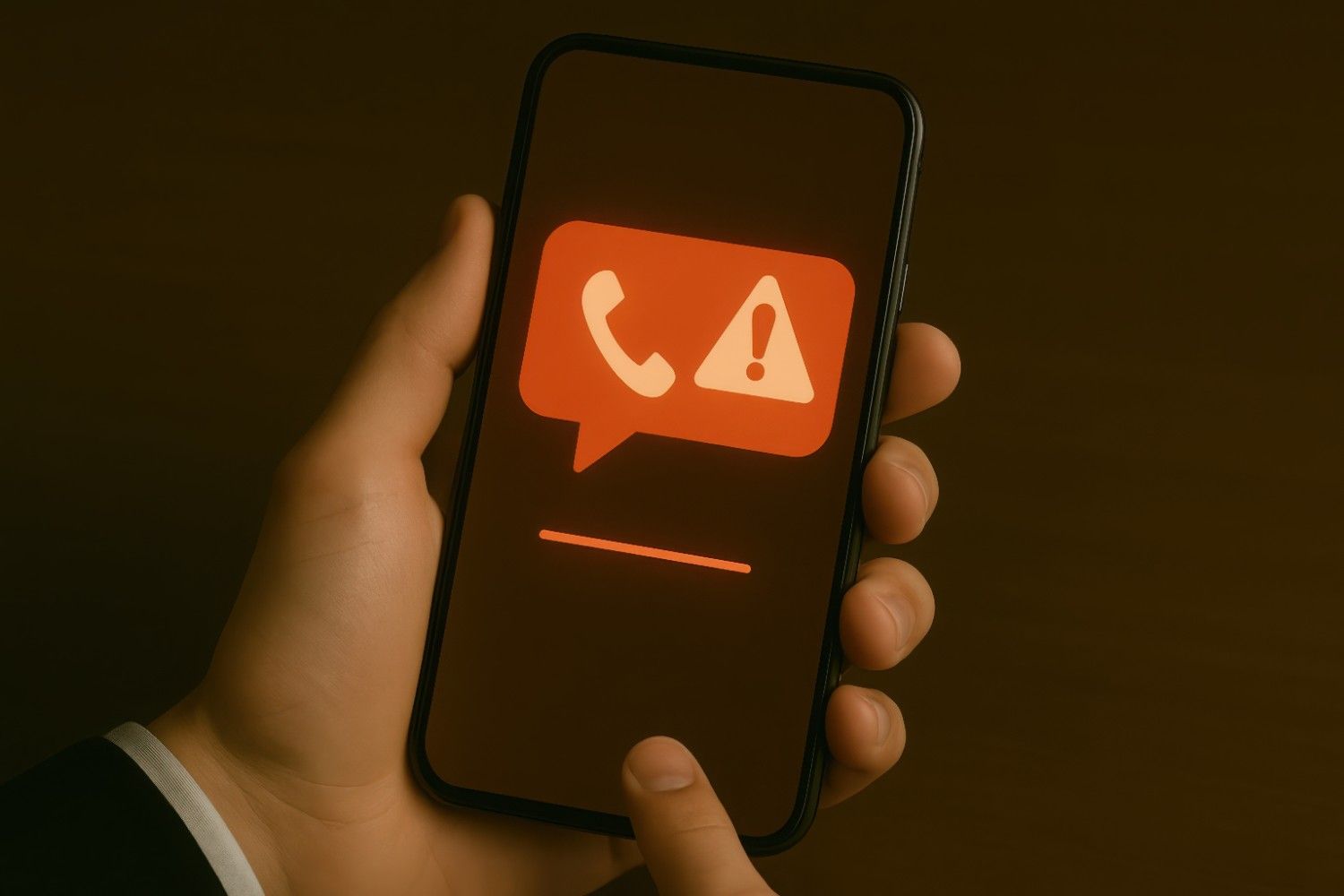
Frequently Asked Questions
1. Is 7208161174 a legitimate Colorado caller?
It’s impossible to say from caller ID alone. 720 is a Colorado area code, but caller IDs can be spoofed. Treat first-time calls as unverified, then confirm through an official number you look up yourself.
2. What should I do if 7208161174 left a voicemail about taxes or refunds?
Do not call back from the voicemail. Visit the agency’s official site, find a published number, and verify the claim. Colorado’s Department of Revenue specifically warns it does not send unsolicited texts for banking updates.
3. Will registering on the Do Not Call Registry stop all 7208161174 calls?
It will reduce legal telemarketing calls. Scammers ignore the list, which is why you should still block/report unwanted calls and file complaints with the FTC/FCC when appropriate.
4. How can I reduce future calls like 7208161174?
Use your phone’s block/report tools, deploy a call-blocking app that filters suspected spam, and report each incident to regulators. These steps help curb repeat calls and aid enforcement actions.
The Bottom Line on 7208161174
A call from 7208161174 might look local, but local ≠ legit. Don’t engage, don’t share data, and don’t call back. Verify independently, block the number, and report it to regulators so your single report becomes part of a larger crackdown on illegal calls. With a few smart habits, you’ll protect your privacy and help reduce the noise for everyone.
